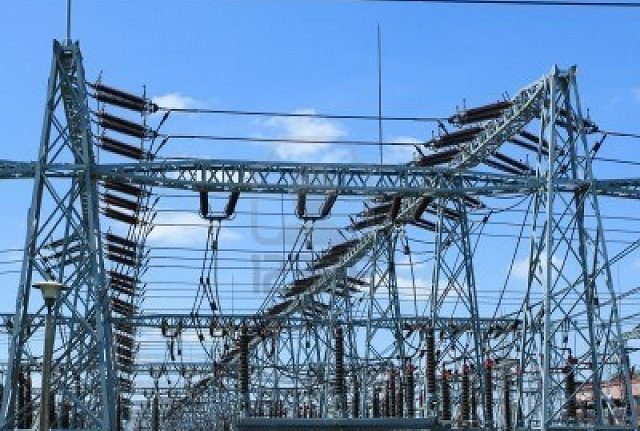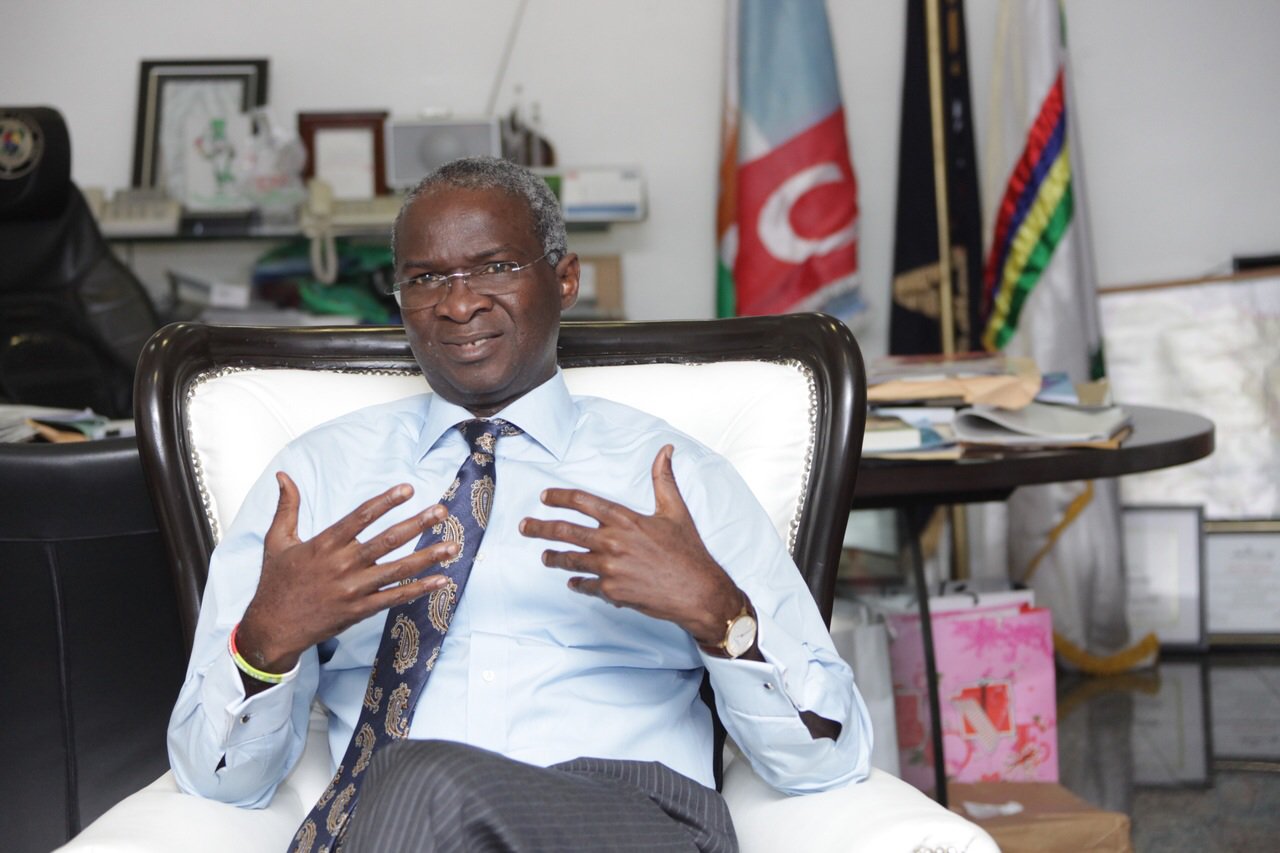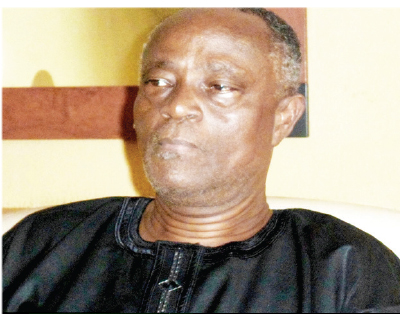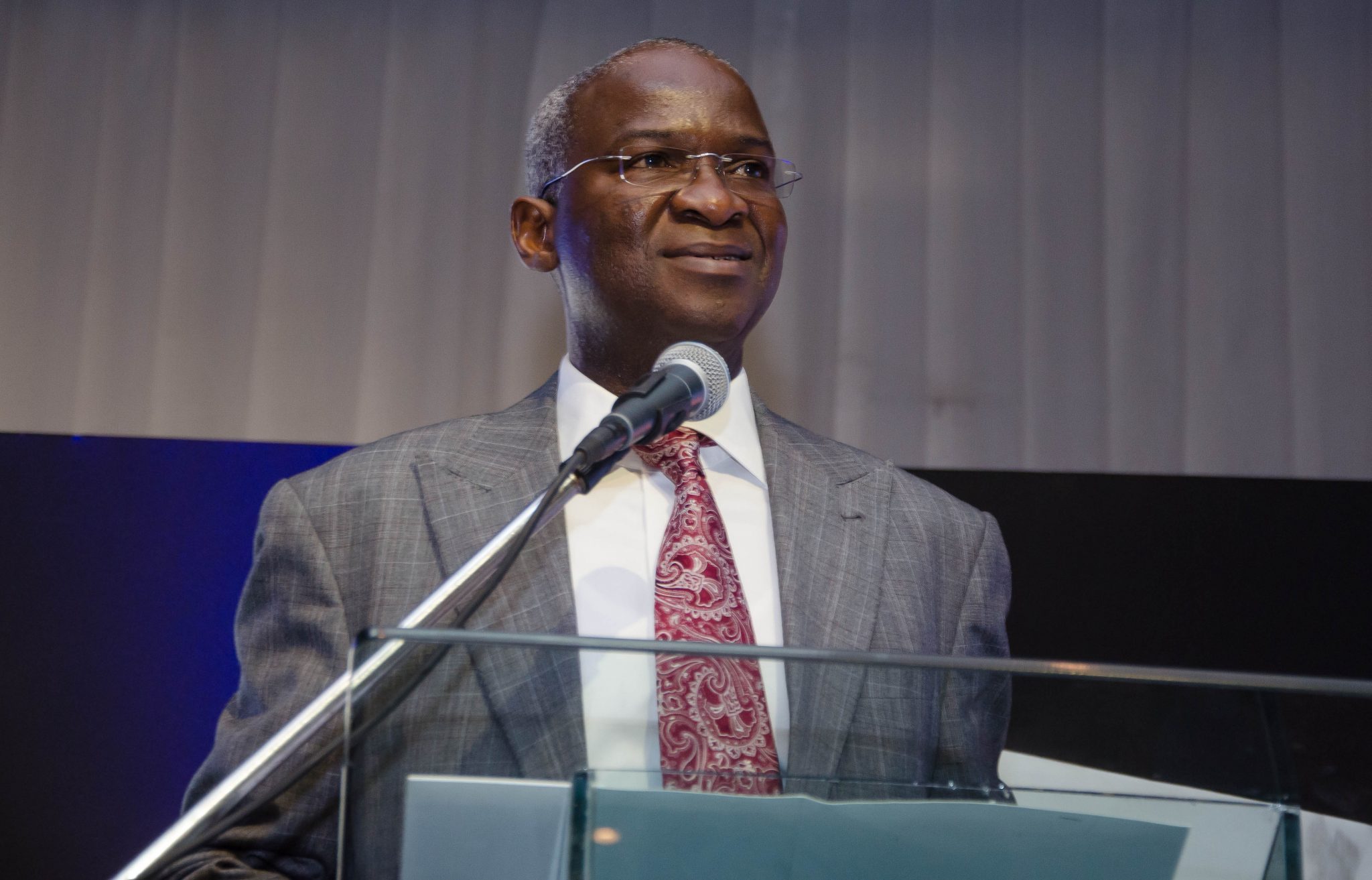The Managing Director, Transmission Company of Nigeria (TCN), Alhaji Usman Gur says the Federal Government in collaboration with international donor agencies has set aside over 1.61 billion dollars to ensure constant power supply in the country.
Gur, who is also the Chief Executive Officer of the TCN revealed this on Sunday in Kano while briefing newsmen at the Kumbotso power sub-station.
According to him, the project will be carried out under the Transmission Rehabilitation Expansion Programme.
“We are rehabilitating and expanding to degree 20, 000 Mega Watts by 2022 across the country,” he said.
He noted that, the federal government has already earmarked about N32 billion to compensate Nigerians whose lands, houses and farms could be affected by the Righ-Of-Way to create Power Lines for the execution of the project.
“The total amount that we are going to pay for compensation across the country is about N32 billion. And the total project cost is 1.61 billion dollars. The project will be supported by various international donors.
“The compensation for right-of-way from Kumbotso sub-station to Rimi Zagara will cost about N3 billion. We have not completely validated it. The total cost for compensation across the country being provided by the Federal Government, ” he said.
Gur who is also the chairman of the West African Power Pool (WAPP) Committee Executive Board stated that he led the TCN team to Kano to validate and look at the route that ran from the Kumbotso Transmission sub-station to Rimi Zakara.
“You know we are going to connect Rimi Zakara to this sub-station (Kumbotso). Rimi Zakara is the place we are putting another 330 KV Sub-station, just like this one in Kumbotso.”
“The mistake that happened in the past is that we normally award contract for line without doing the study. You know the study will establish who are the people under the right-of-way; and who are those people that are going to be affected by the lines.
“So, we are supposed to have come up with those people and pay them their compensation.
“Unfortunately, this contract was awarded many years, even before I came. It is not only this one, many of them are like that. They awarded the contracts without the payment of compensation.
“That is why now, we are trying to pay the compensation, we are validating it, but we also need to tell people that this takes time, because right now, we have over 1000 people who need to be compensated within Kano alone.
“That is why I am here, I will go through the routes and see exactly what are in the right-of-way. We are actually collaborating with Gov. Abdullahi Ganduje because some people who have land on the right-of-way are seeking for relocation.
“We are going to request to the governor to relocate them and give them land in some other places so that we can build the line,” he said.
According to him, “what we are doing for Kano state, actually is that we are trying to change the game. It is what you call game changer. Right now, the only line that supplies Kano is the 330 Single-Sighted Line that run from Kaduna to Kano.
“We are bringing a Code Line from Kaduna to Kano. Now, you know we need to get a source of supply to transport the line from Kaduna to Kano. When I came newly in February, 2017, the line between Jos and Kaduna was funded only 10 per cent, but today the line is 98 per cent completed.
“That means we have bulk power at the double-sighted line apart from the Single-sighted line from Jos to Kaduna. Then from Shiroro to Kaduna, we have two Single-sighted lines; none of them can carry more than 300 Mega Watts.
“We are taking one of them and we are going to construct it into a Code Line, ” he said.
He further explained that those projects, particularly, the one from Shiroro to Kaduna, the procurement of that line is about 80 Per Cent completed and it is funded by French Development Agency.
Gur added that from Kaduna to Kano, TCN is building a Code Line, adding that the public information, this is the first time in the history of Nigeria that TCN is doing 330 Code Line.
He said this mean it is going to carry, four Conductors per pair, which is expected to bring 2,400 Mega Watts of power.
“Now, I will also want to tell you that we want to change the game here completely. So, there is a line we are building from Kainji to Birnin Kebbi, Benin Kebbi to Sokoto; and also from Katsina to Daura, Daura to Gwiwa and from Gwiwa to Jogana. That line is also funded by AFD that is French Development Agency.
“In fact, the line from Katsina to Daura, Daura to Gwiwa, Gwiwa to Jogana is going to evacuate the Solar IPP in Gwiwa which is going to be the like of the Marrakech Solar IPP in Morocco”, Gur assured.
According to him, on that line, the European Union gave the TCN a grant, which is free money for the Nigerian government, worth about 25 million Euros.
“Now we are working to close the link between Sokoto to Kaura Namoda, and Kaura Namoda to Katsina. Now, if you complete this line from Kumbotso Sub-station to Rimi Zakara, that line also went to Katsina; which means from Kainji, you can feed Kano through Sokoto, Katsina, Daura and Gwiwa.
“We also have another line that is coming from Kaduna to Kano. I also want to tell you that we sent a proposal to the West African Power Pool, and it was approved by the Committee of Heads of State and Government on Dec. 22, 2018 where President Muhammadu Buhari chaired that meeting.
“We have approved another line that will come from Calabar. It will come from Ikon to Ogoja to Kasimbula, to Mambilla,bto Jalingo, down to Yola, and move to Hong, to Biu, to Damaturu, Potiskum, Azare, to Dutse, and then to Jogana in Kano.
“This is another 330 Double-sighted line. This very line is under what we call multi-national project. This project is under the ECOWAS project.
He explained that government is working towards launching the study.
“This is what I have pre-planned before I left Abuja to Kumbotso sub-station here in Kano.
“This means we are going to have another Double-sighted line that will come to Kano, which means Kano will be supplied from three sources: through Sokoto, through Kaduna, and then through Calabar.
“When this is done, it then means that we have solved the problem of bulk electricity supply to Kano, and this is what we are doing. And that will place Kano on a status we call MNS2, meaning if 2, 330KV Double-sighted line goes out, Kano will still receive supply of electricity,” he said.
He added:“however, I will require the support of the people of Kano because all these things we are doing need some level of sacrifices from the good people of Kano state, because definitely, those lines will pass through people’s houses, lands, and farms.
“Therefore, people have to make sacrifice. When you don’t make sacrifice, there is no way we can solve the problem of electricity.
“I can tell you that the difference between development and lack of development or the difference between poverty and prosperity in any part of the world is actually electricity; and that is why we are doing all these so that we can solve the problem of electricity in Kano,” he said.
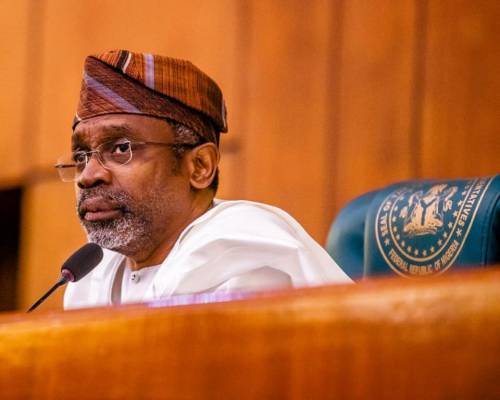
![Coronavirus lockdown: Ada Ameh weeps, laments over power supply[VIDEO]](https://thenewsguru.ng/wp-content/uploads/2020/03/Tammy-Abraham-e1583471778307.jpg)
